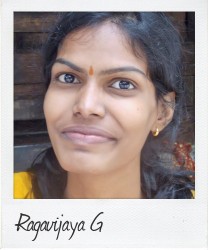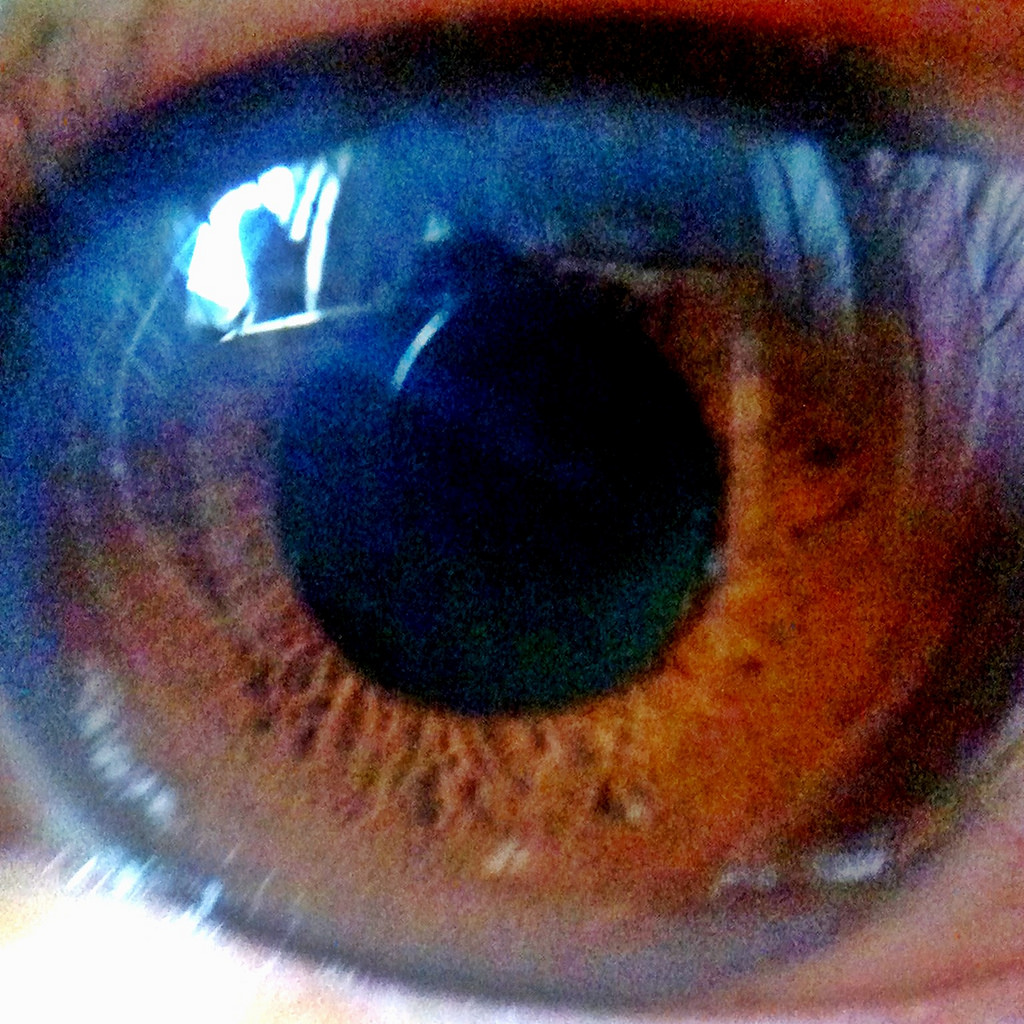“Seeing the benefits of the vision mission”
December 21 The gift of sight is an invaluable legacy that each of us can bestow, writes Ragavijaya G, 23, a Correspondent living in Delhi, who observes the major impediments to making such a gift are misunderstanding and lack of awareness.
The gift of sight is an invaluable legacy that each of us can bestow, writes Ragavijaya G, 23, a Correspondent living in Delhi, who observes the major impediments to making such a gift are misunderstanding and lack of awareness.
A few days back, I was sitting in a crowded eye hospital in Delhi to have my eyes checked. There were few kids sitting near me and nervously asking if the eye examination would be painful.
While I was consoling them, I reminisced about my first eye test. After my tenth board exams, I was taken to an eye hospital because of recurrent headaches. After checking my eyes, the ophthalmologist called me separately. “You have myopia and -2.5 power in your eyes. How did you even manage to look at the black board in your class?” she asked me in a puzzled tone.
I was in utter shock. In all honesty, I replied, “Doctor, I thought that is how blurred this world looks to everybody else.” Hearing this she let out a mild smile. Immediately, she took a small piece of lens, put it in a holder, and asked me to look through it. I still remember the moment. That was quite a revelation. When I saw through it, the world looked entirely different. I realised that it was possible to see things with such clarity. I was able to see the small pimple on the face of the nurse who was changing slides. Yes. That was very new to me.
For someone like me, who has a mild eyesight problem that is corrected with lenses, it was such a joy seeing things clearly for the first time. Then, take a few second’s time and imagine the happiness that a totally blind person will get seeing this beautiful world and their loved ones for the first time! A person who will travel from darkness to this colourful world!
In an article in the Times of India recently, Dr. Ashok H Madan, ophthalmology head at GMCH Nagpur, said that there are around 4.5 crore blind persons in the world of which one third – that is, 1.5 crore – are in India. What is even more appalling is the fact that India does only around 35,000 transplants through eye donations annually.
It is unfortunate that people fail to understand the only hope for these people with no sight lies in eye donation. Even if one per cent of people were willing to donate eyes, we could have sufficient donor eyes. If you and I could understand the magnitude of the problem and the number of people waiting for eye donations every year, we would go right away to register for eye donation after death. People fail to recognise the ease and nobility of eye donations after death, which keeps the gap between supply and demand very high.
One important reason for the reluctance that people show is the belief that the entire eyeball will be taken in eye donations. This is not true. Only the transparent layer of the eye, or cornea, will be taken. The cornea is a vital part of our eyes and the only way to replace a damaged cornea in a blind person is through transplantation. Unlike common belief, anyone could be a donor. People like me, who have been wearing spectacles all their life, can also donate eyes after death. Myths like these about eye donation have been doing rounds for ages and show there is an absolute lack of awareness about eye donation in India.
The Indian government should come forward to conduct awareness drives across the country. The acute shortage in trained cornea surgeons should also be dealt with, and well-equipped cornea collection centres have to be built. Though there are few hundred eye banks functioning throughout India, just ten of the eye banks account for half of the corneas collected every year. It is high time the rest of the eye banks are given support and assistance that is needed.
While typing this article, a WhatsApp forward message flashes on my screen. “The average human body contains enough iron to make a threee inch nail, sulphur to kill all fleas on an average dog, carbon to make 900 pencils, potassium to fire a toy cannon, fat to make seven bars of soap, and water to fill a ten-gallon tank.”
If this were even partially true, in all probability nothing worthwhile would be left in our bodies after we die. Think about crying, smiling, reading, looking at someone lovingly, and seeing this world through our eyes, even after death. It all takes a simple decision. A simple decision that is powerful enough to change two lives forever. Take a pledge today to donate your eyes after death. Give the greatest gift of vision to two people. Giving is merrier than receiving, for giving fills empty spaces in our souls even before filling the needs in other people’s lives.
Photo credit: Theen … My Left Eye via photopin (license)
…………………………………………………………………………………………………………………
About me: I am a Young India Fellow, a Tamil journalist who has won Outstanding student reporter of the year, a programme presenter for All India Radio, a freelance writer who has won over 50 literary competitions, and a dreamer who constantly dreams of making this world a still better place to live.
As someone who escaped female infanticide by a whisker, my vision for future is to work in the areas of health, education and protection of girl children in India.
…………………………………………………………………………………………………………………
Opinions expressed in this article are those of the author and do not necessarily represent the views of the Commonwealth Youth Programme. Articles are published in a spirit of dialogue, respect and understanding. If you disagree, why not submit a response?
To learn more about becoming a Commonwealth Correspondent please visit: http://www.yourcommonwealth.org/submit-articles/
…………………………………………………………………………………………………………………




